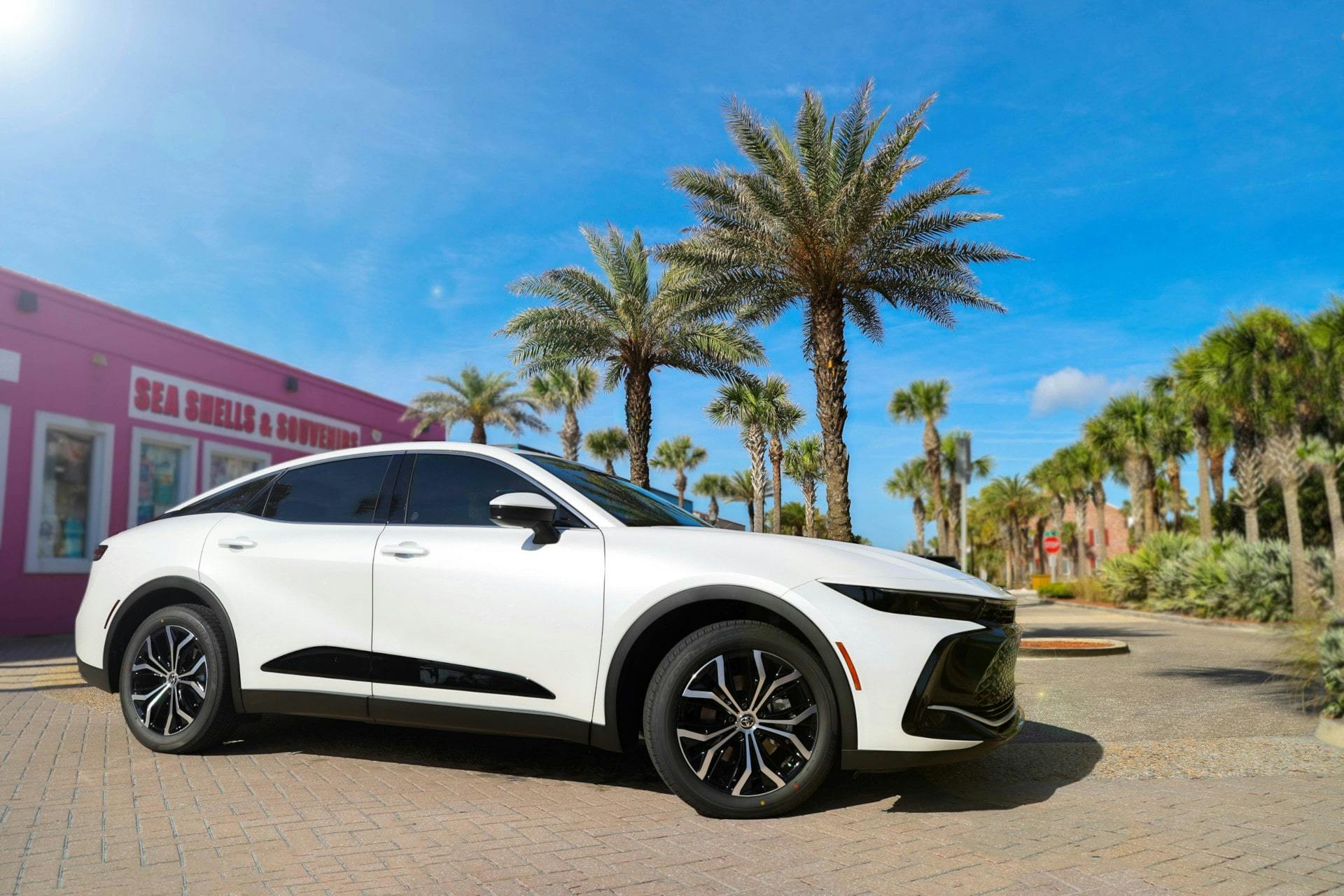
Pros and Cons of Owning an Electric Car in Jacksonville Florida’s Hot Climate
Electric cars are becoming increasingly popular all over the world, and for good reason. They offer several advantages over traditional gas-powered cars, including lower emissions, less maintenance, and better fuel efficiency. However, electric cars can also be more susceptible to extreme temperatures. In this article, we will take a look at the pros and cons of owning an electric car in Jacksonville’s hot climate. We will also discuss some tips for how to keep your electric car running smoothly in warm weather.
Pros of an Electric Car in Jacksonville's Hot Climate
Some of the pros to owning an electric car in Jacksonville’s hot climate include lower emissions, less maintenance, better fuel efficiency, and quieter operations. For more details on these benefits, read below.
- Lower emissions: Electric cars produce zero tailpipe emissions, which means they can help improve air quality and reduce your carbon footprint. Since air pollution can be a major problem in hot climates like Florida, having a car with lower emissions can be very beneficial.
- Less maintenance: Electric cars have fewer moving parts than gas-powered cars, which means they require less maintenance. This can save you time and money in the long run.
- Better fuel efficiency: Electric cars are much more fuel-efficient than gas-powered cars. This can save you a lot of money on fuel costs, especially if you have a long commute or drive frequently.
- Quieter operation: Electric cars are a lot quieter than gas-powered cars. This can make for a more enjoyable driving experience, especially in Florida's hot weather when you may want to keep your windows open.
Cons of an Electric Car in Jacksonville’s Hot Climate
Some of the cons to owning an electric car in Jacksonville’s hot climate include reduced range, increased energy consumption, battery overheating, and limited charging infrastructure. For more details on these disadvantages, read below.
- Reduced range: Electric car batteries can lose efficiency in hot weather like Florida’s. Since this can reduce the range of your car, you may need to charge it more often.
- Increased energy consumption: Using the air conditioning in an electric car can use up a lot of battery power. Since you probably run the air conditioning often in Florida, you will likely run into this problem.
- Battery overheating: Electric car batteries can overheat in hot weather. This can damage the battery and reduce its lifespan.
- Limited charging infrastructure: Depending on where you live in Jacksonville, there may be a limited number of public charging stations around you. This can make it difficult to charge your car, especially if you are traveling.
Tips for Keeping Your Electric Car Running Smoothly in Hot Weather
If you are considering purchasing an electric car in Florida, like a Tesla, it is important to learn all the advantages and disadvantages of owning one before making that decision. After evaluating both arguments, if the pros outweigh the cons, the following tips can help you protect your EV from preventable heat damage.
- Park in the shade whenever possible: This will help to keep your car's battery cool and prevent it from overheating.
- Use the air conditioning wisely: Try to avoid using the air conditioning at full blast all the time. Instead, try to use it sparingly and only when necessary.
- Pre-cool your car before you drive: If you have a garage, you can pre-cool your car before you drive by plugging it in and turning on the air conditioning. This will help to reduce the amount of energy needed to cool the car down while you are driving.
- Keep your battery charged: Avoid letting your battery get too low, especially in hot weather. If possible, try to keep your battery charged above 50%.
- Monitor your battery temperature: Some electric cars have a battery temperature gauge. If you notice that your battery is getting too hot, try to find a cool place to park and let it cool down.
- Avoid driving during the hottest part of the day: If possible, try to avoid driving during the hottest part of the day, typically between 10am and 4pm in Florida. Driving during the cooler hours of the day can help to improve your car's range and reduce the risk of battery overheating.
- Use regenerative braking: Regenerative braking is a feature that helps to recharge your car's battery by using the energy from the wheels when you brake. This can help to extend your car's range and reduce your energy consumption.
- Plan your trips ahead of time: If you are planning a long trip, take some time to plan your route and identify charging stations along the way. This will help to ensure that you don't run out of battery power on the road.
Overall, electric cars can be a great option for drivers in Jacksonville, Florida. However, it is important to be aware of the challenges that extreme heat can pose and to take steps to mitigate them. By following the tips above, you can help to ensure that your electric car runs smoothly and efficiently in hot weather.



